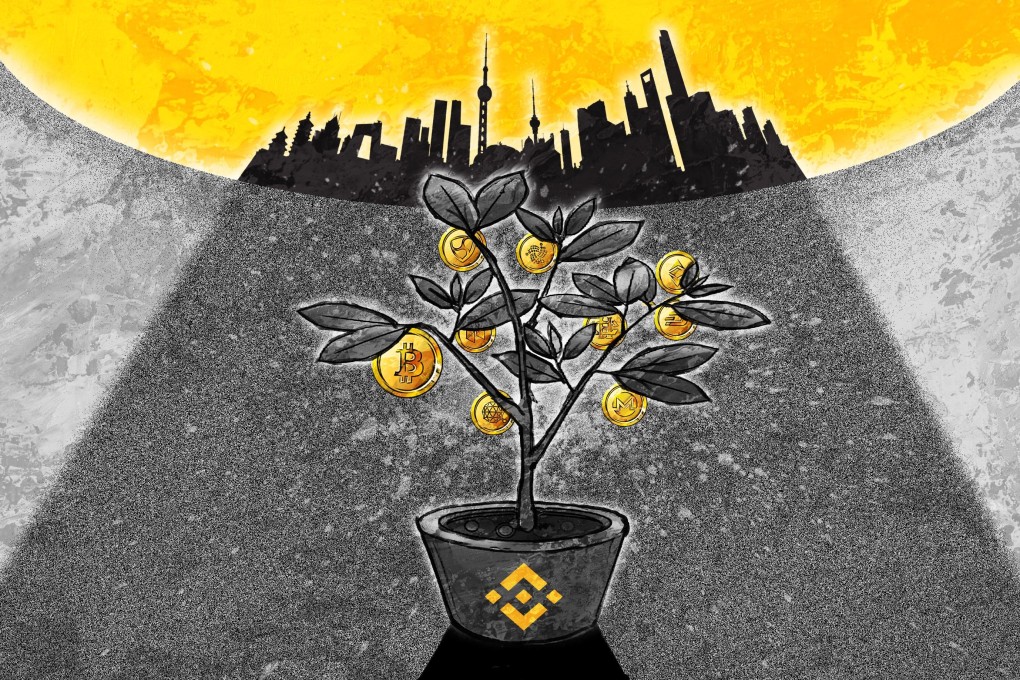China’s crypto craving: back-door Binance traders look more important to exchange’s future in wake of US conviction
- Binance workarounds allow mainland Chinese traders to sign up by listing their location as Taiwan and affiliates are rewarded for onboarding new users
- The world’s largest crypto exchange has sought to distance itself from China, but the sizeable crypto market is more enticing as regulations tighten elsewhere

When a Washington Post reporter asked Binance co-founder and then-CEO Zhao Changpeng last year about Chen Guangying – a little-known executive listed as the cryptocurrency exchange’s legal representative in China – the billionaire entrepreneur pushed out a 2,000-word screed on the company blog decrying efforts to paint it as “Chinese”.
According to CZ, as Zhao is commonly known, the reporter was playing into the hands of a competitor that was spreading rumours about Binance to “erode trust in our brand”.
“We don’t have any legal entities in China, and we do not have plans to,” CZ wrote in the piece published on September 1, 2022. “We (and every other offshore exchange) have been designated a criminal entity in China. At the same time, our opposition in the West bends over backward to paint us as a ‘Chinese company’.”

Beyond just the US – where both the company and CZ, who stepped down as CEO, pled guilty to charges that included lax anti-money-laundering enforcement – Binance has been forced to defend itself in a variety of markets including the UK, Germany, Japan and Singapore. It withdrew a licence application in Germany this year and revived one in Singapore. Most recently, the Philippines’ Securities and Exchange Commission moved to block the platform.
In China, the exchange has maintained steady business with little-to-no enforcement action in the country, which has banned commercial crypto activity. While claiming not to officially operate in the country, Binance’s sizeable presence in the local industry comes from a widely-used workaround whereby users sign up from within mainland China by listing their location as Taiwan. Beijing claims the self-governing island as part of China.